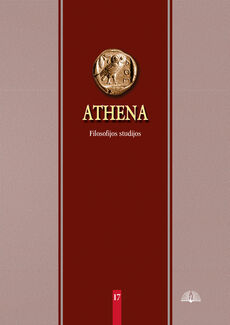Toward an Ethics of Dispossession: Philosophical Lessons from the Political Context of the COVID-19 Pandemic
Toward an Ethics of Dispossession: Philosophical Lessons from the Political Context of the COVID-19 Pandemic
Author(s): J. D. MiningerSubject(s): Politics, Ethics / Practical Philosophy, Political Philosophy, Health and medicine and law
Published by: Lietuvos kultūros tyrimų
Keywords: COVID-19; dispossession; mourning; melancholy; critique;
Summary/Abstract: This article considers how and why to mourn the worldwide mass deaths caused by COVID-19, first by examining Hannah Arendt’s theory of dark times, in which by virtue of common suffering a contradictory experience follows that both unites and alienates. Second, the article considers forms of melancholy exhibited during the pandemic, which emerged to the detriment of the lesson that mourning, in contrast to melancholy, reveals and acknowledges social interdependence. Judith Butler’s concept of dispossession is deployed to shape that lesson. Third, the article offers Michel Foucault’s theorization of critique as a practice to accompany mourning in the act of identification with suffering, if there is to be resistance to the systemic violence operative in ranking who can be counted and mourned from the COVID-19 pandemic’s many victims.
Journal: Athena: filosofijos studijos
- Issue Year: 2022
- Issue No: 17
- Page Range: 75-92
- Page Count: 18
- Language: English

